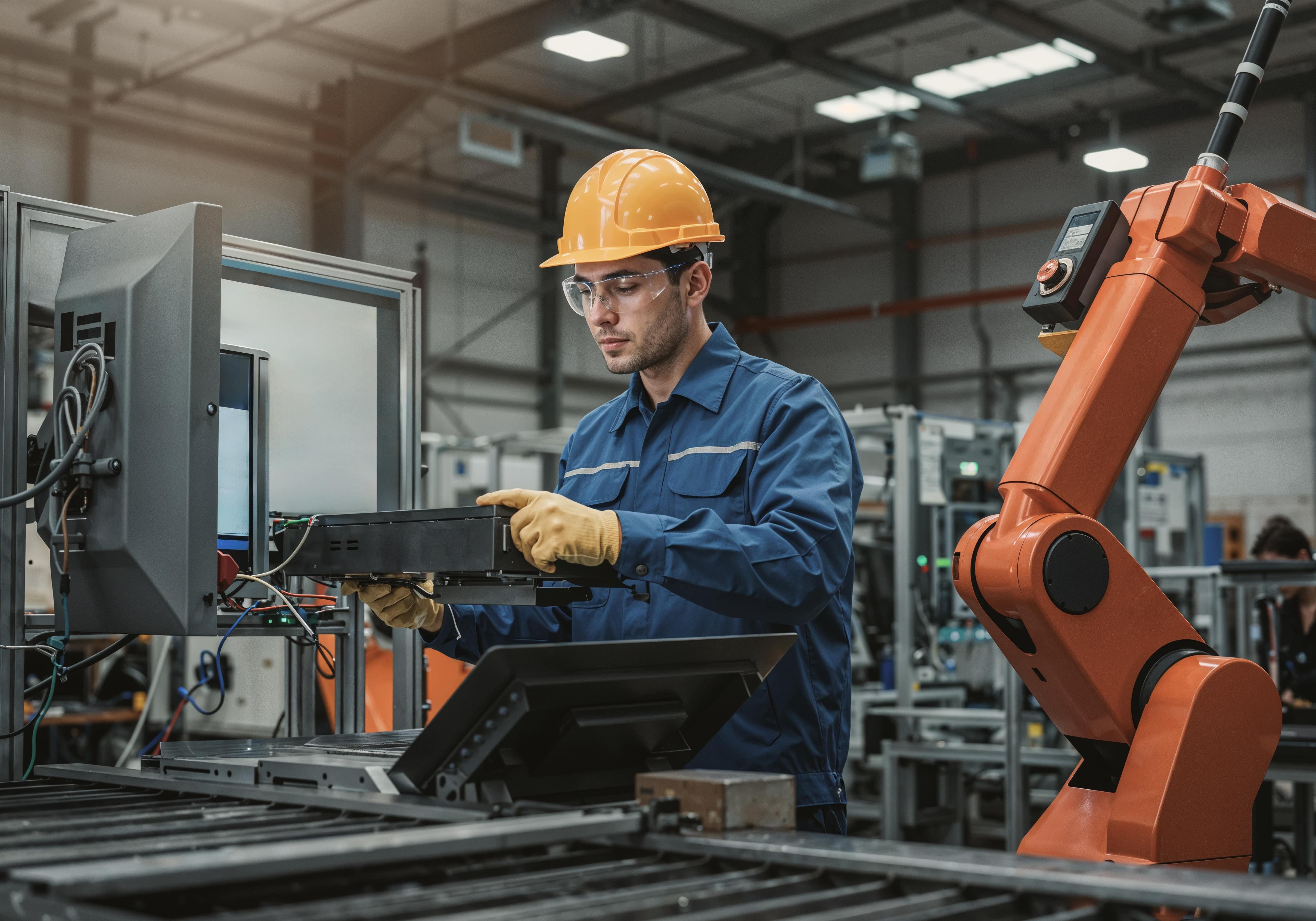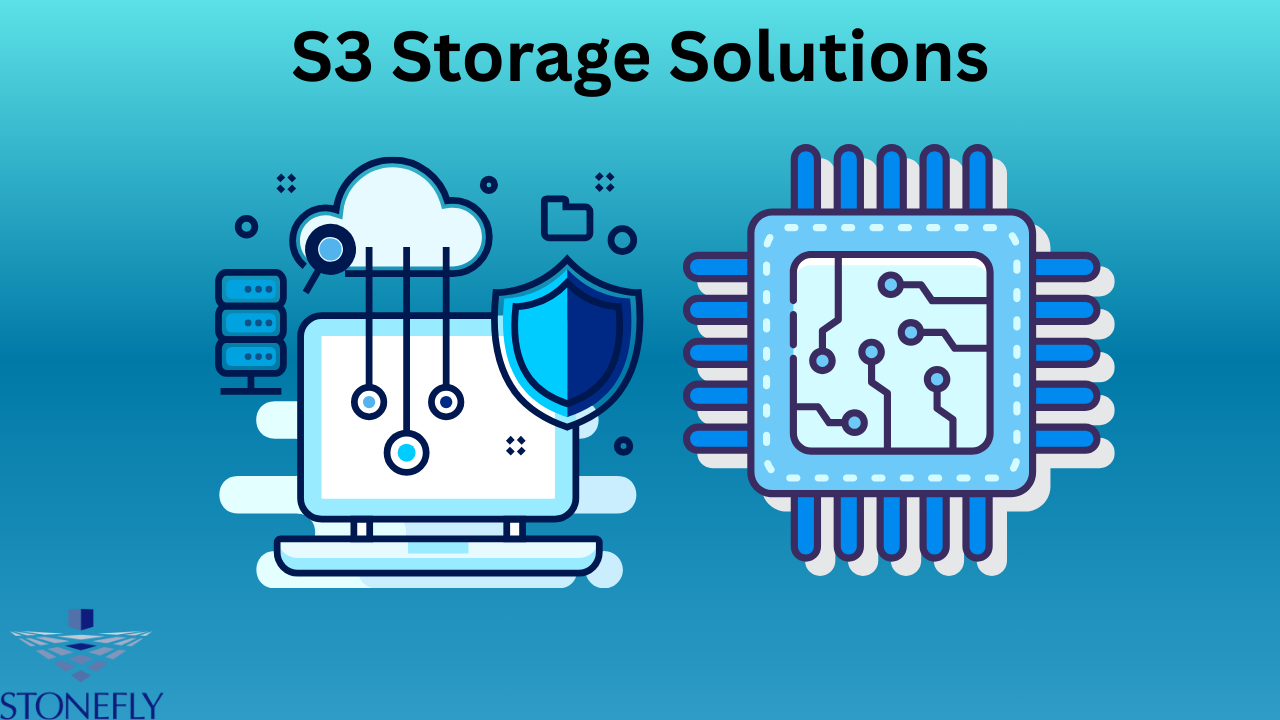Automation Control Panel

An automation control panel is the central hub that governs and monitors machines and processes in industrial environments. Acting as the "brain" of the operation, it houses the electrical and electronic components necessary for managing automation systems efficiently and safely. From manufacturing plants to water treatment facilities, automation control panels play a vital role in ensuring seamless and reliable production.
As industrial operations grow more complex and technology-driven, control panels must be intelligently designed, properly integrated, and built to last. For businesses aiming to optimize performance and reduce downtime, investing in a high-quality automation control panel is a strategic move.
What is an Automation Control Panel?
An automation control panel is an enclosure that contains devices such as programmable logic controllers (PLCs), relays, circuit breakers, contactors, power supplies, terminal blocks, and human-machine interfaces (HMIs). These components work together to control machinery, monitor processes, and respond to real-time data.
The panel provides a centralized location for automation systems, enabling technicians to control, monitor, and troubleshoot equipment from one interface. Properly engineered panels ensure safe, efficient operation and simplify maintenance.
Components of an Automation Control Panel
-
PLC (Programmable Logic Controller): Executes automation logic and manages machine control.
-
HMI (Human Machine Interface): Allows operators to interact with the system and visualize data.
-
Relays and Contactors: Manage the switching of power to devices.
-
Circuit Breakers and Fuses: Provide overcurrent protection.
-
Terminal Blocks: Connect wiring securely and neatly.
-
Power Supplies: Deliver consistent voltage to system components.
-
Wiring and Cable Management: Essential for safety and system reliability.
Depending on the application, a panel may also include VFDs (Variable Frequency Drives), temperature controllers, and network communication devices.
Why Automation Control Panels Matter
1. Centralized Control: All automation functions are managed from a single, secure location.
2. Improved Efficiency: Automated control ensures accurate and repeatable operations, minimizing manual intervention.
3. Enhanced Safety: Electrical and system safety features protect both equipment and personnel.
4. Customization and Flexibility: Panels can be tailored to meet specific process requirements and accommodate future upgrades.
5. Troubleshooting and Maintenance: Well-designed panels simplify diagnostics and reduce downtime during repairs or updates.
Industries That Rely on Automation Control Panels
Automation control panels are essential in a wide range of sectors:
-
Manufacturing: To control robotic arms, conveyor belts, and CNC machines.
-
Food & Beverage: For batch processing, packaging, and temperature regulation.
-
Pharmaceuticals: Ensuring precise and compliant production processes.
-
Oil & Gas: Managing pumping systems, safety interlocks, and instrumentation.
-
Water Treatment: Automating chemical dosing, filtration, and pump control.
Importance of Custom Control Panel Design
Every industrial process has unique requirements. Off-the-shelf panels often fall short in performance or compatibility. That’s why custom-designed automation control panels are key to maximizing system efficiency and minimizing operational risk.
From component selection to enclosure material (such as NEMA-rated boxes for harsh environments), every detail must be engineered with the application in mind. Integration with existing systems, scalability for future expansion, and compliance with electrical codes (UL508A, NEC, etc.) are critical factors.




